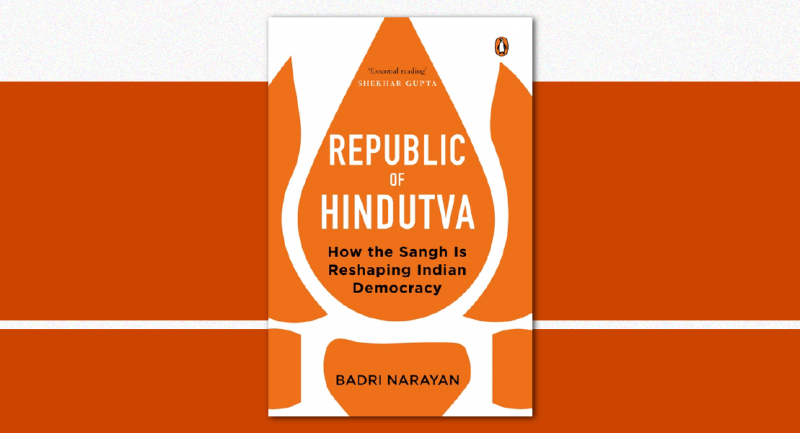
Long-listed for the Booker Prize 2021, A Passage North begins with a message from out of the blue: a telephone call informing Krishan that his grandmother’s caretaker, Rani, has died under unexpected circumstances-found at the bottom of a well in her village in the north, her neck broken by the fall.
Scroll down for a searing glimpse into Anuk Arudpragasam’s powerful story of longing, loss, grief and legacy of war.
*

A Passage North
Anuk Arudpragasam
The caller had introduced herself, somewhat hesitantly, as Rani’s eldest daughter, an introduction whose meaning it had taken him a few seconds to register, not only because he’d been distracted by the email but also because it had been some time since the thought of his grandmother’s caretaker Rani had crossed his mind. The last time he’d seen her had been seven or eight months before, when she had left to go on what was supposed to have been just a four- or five- day trip to her village in the north. She had gone to make arrangements for the five- year death anniversary of her youngest son, who’d been killed by shelling on the penultimate day of the war, then to attend the small remembrance that would be held the day after by survivors at the site of the final battle, which was only a few hours by bus from where she lived. She’d called a week later to say she would need a little more time, that there were some urgent matters she needed to attend to before returning— they’d spent more money than planned on the anniversary, apparently, and she needed to go to her son- in-law’s village to discuss finances with her daughter and son- in- law in person, which wouldn’t take more than a day or two. It was two weeks before they heard back from her again, when she called to say she’d gotten sick, it had been raining and she’d caught some kind of flu, she’d told them, would need just a few more days to recover before making the long journey back. It had been hard to imagine Rani seriously affected by flu, for despite the fact that she was in her late fifties, her large frame and substantial build gave the impression of someone exceptionally robust, not the kind of person it was easy to imagine laid low by a common virus. Krishan could still remember how on New Year’s Day the year before, when they’d been boiling milk rice in the garden early in the morning, one of the three bricks that propped up the fully laden steel pot had given way, causing the pot to tip, how Rani had without any hesitation bent down and held the burning pot steady with her bare hands, waiting, without any sign of urgency, for him to reposition the brick so she could set the pot back down. If she hadn’t yet returned it couldn’t have been that she was too weak or too sick for the ride back home, he and his mother had felt, the delay had its source, more likely, in the strain of the anniversary and the remembrance on her already fragile mental state. Not wanting to put unnecessary pressure on her they’d told her not to worry, to take her time, to come back only when she was feeling better. Appamma’s condition had improved dramatically since she’d come to stay with them and she no longer needed to be watched every hour of the day and night, the two of them would be able to manage without help for a few more days. Another three weeks passed without any news, and after calling several times and getting no response, Krishan and his mother had been forced to conclude that they were wrong, that Rani simply didn’t want to come back. It was surprising that she hadn’t bothered to call and tell them, since she was usually meticulous about matters of that kind, but most likely she’d just gotten so sick of spending all her time alone with Appamma that it didn’t even occur to her that she should let them know. Confined to a small room in a house on the other side of the country, forced to tolerate the endless drone of Appamma’s voice every day and night, unable to go outside the house for significant periods of time, since she didn’t know anyone and couldn’t speak Sinhalese, it made sense, they’d agreed between themselves, if Rani had decided after almost two years in Colombo that it was time finally to leave.
*









